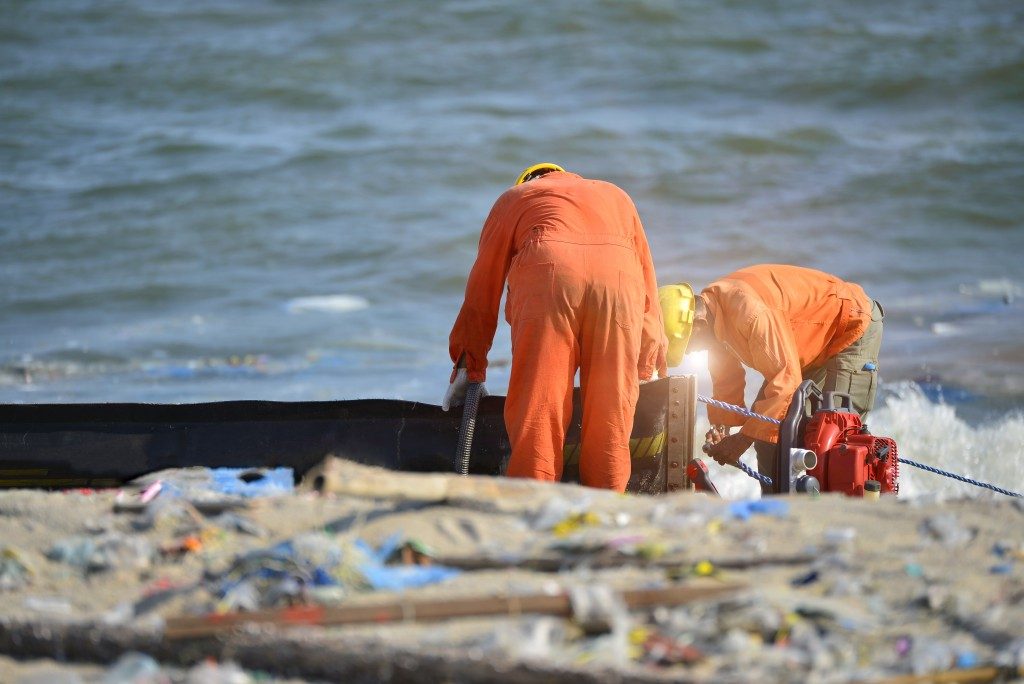Water is essential to life, but despite its abundance in nature, water pollution makes it increasingly difficult to find natural water resources that are safe to drink. So, how does water get polluted? Unfortunately, most of the factors that cause water pollution can be attributed to human activity, but there are a lot of things we can do about them. Let us examine some of those causes and how we can address them.
Sewage and wastewater
Wastewater is water that we have already used. According to the United Nations, more than;80% of wastewater;around the world flow back into the environment without being reused or treated, and the number even goes over 95% in some developing countries. It may come from residential, industrial, commercial and agricultural areas. It also includes stormwater runoff, which is when rainwater carries pollutants (like oil, grease, road salts, and chemicals) to our waterways.
However, this can be controlled by having more efficient wastewater treatment systems. Water treatment facilities use various equipment, like a treatment tank and an;insertion type flow meter, to remove pollutants and disinfect wastewater through biological, chemical, or physical processes. Once deemed safe enough, the treated wastewater may then return to circulation.
Most developed countries have advanced water treatment facilities already. Perhaps if developing countries can have access to such technologies, there can be less untreated wastewater to pollute our waters.
Agriculture

Agriculture;accounts for 70%;of the worldwide water consumption, and as the world population grows, there is more demand for agriculture. Intensified agriculture may result to an increased soil erosion, and more salinity and sediment loads in water. It also demands extensive use of agricultural inputs, such as pesticides and fertilizers, which could contaminate groundwater and surface water. The runoff in the water from agricultural areas may include other contaminants as well, such as livestock manure, excrement and methane.
There are many ways to reduce water pollution from agriculture. For one, farmers can use nutrient management techniques to moderate the use of fertilizers and chemicals. Implementing conservation tillage and year-round ground cover could also minimize soil erosion and keep nutrients from reaching waterways. Having efficient irrigation and planting climate-friendly crops may likewise reduce the need for water.
Marine dumping
Marine dumping is the deliberate disposal of waste materials from shores, factories, industries, tankers, ships and sewage systems into seas and oceans. Here, common garbage such as aluminum, glass, plastic and rubber are deposited to the sea, thus contaminating them. The industrial wastage may also include toxic chemicals, like mercury and cryolite, and radioactive materials that can poison marine life, aside from contaminating water sources.
Eighty percent of the plastic;in our oceans are not dumped directly to these bodies of water, but come from land sources instead. Though the hazardous chemicals might be difficult to remove from seas, reducing plastic waste can help alleviate this problem.
Water pollution leads to;water scarcity. Since there are fewer and fewer natural sources for clean and safe water, conservation might be central in ensuring that everyone will have better access to clean water. If each of us would use water responsively in our everyday lives, we could go far in combating water pollution.

